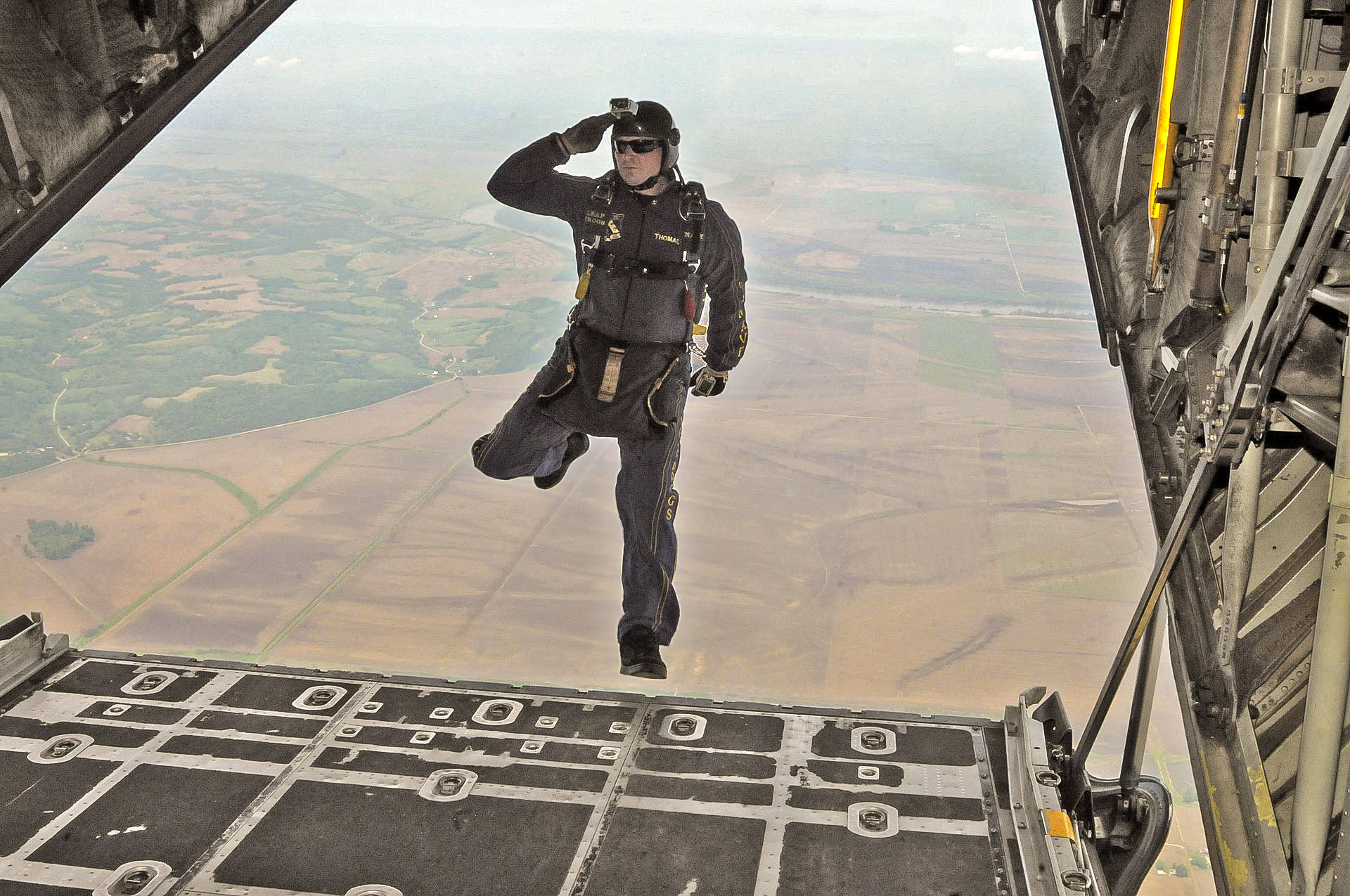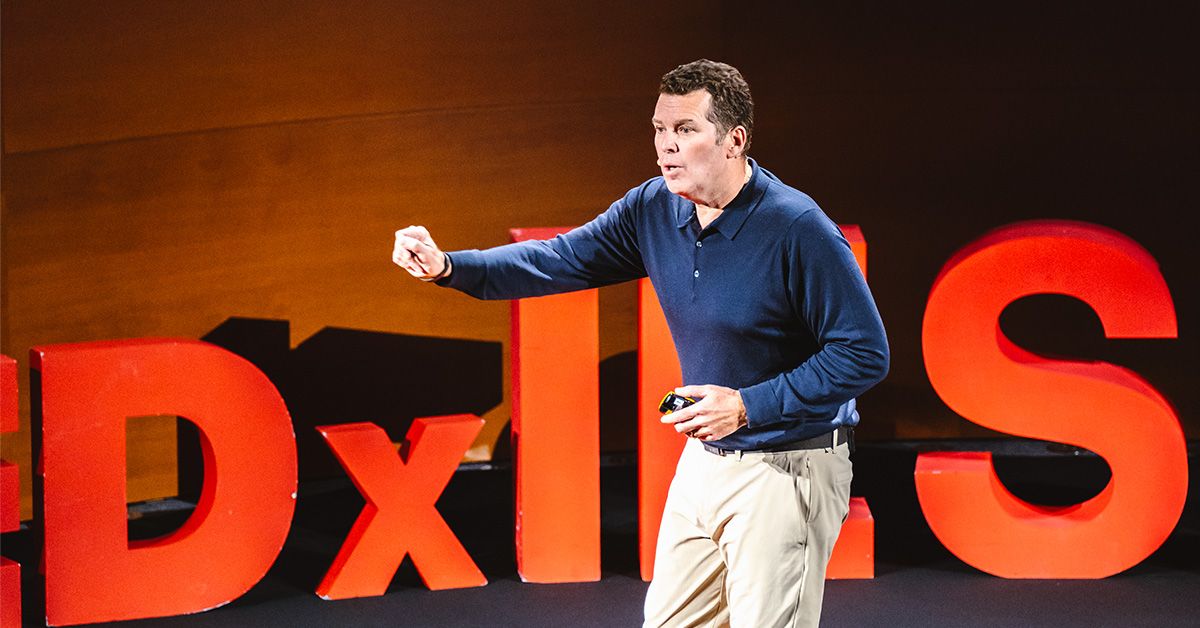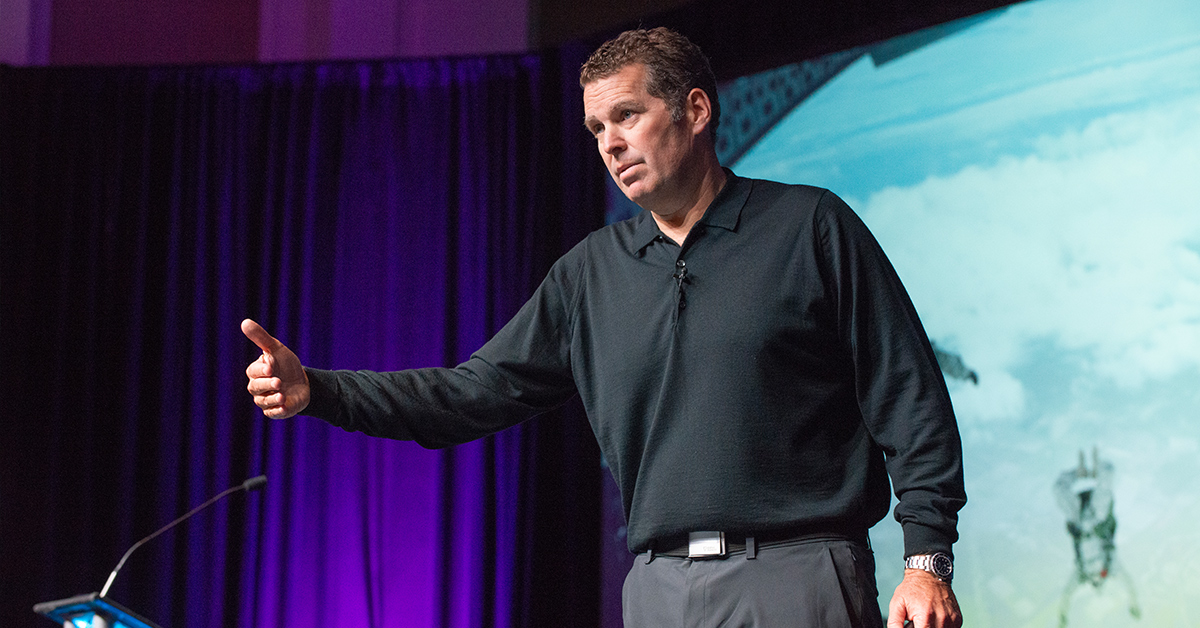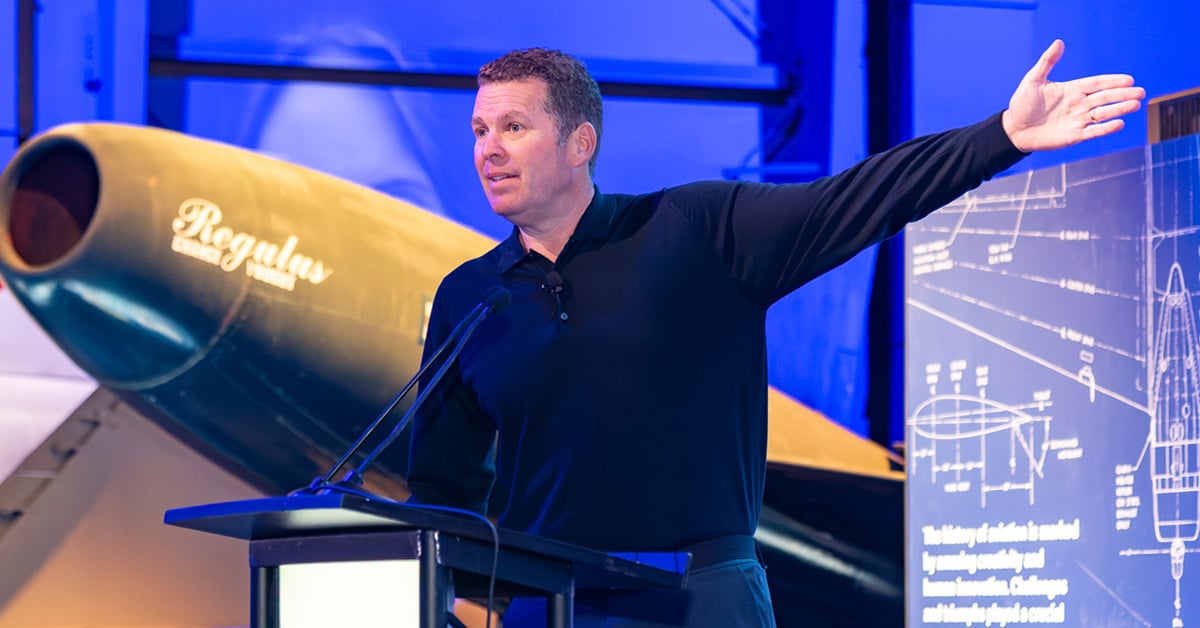Here’s a question for you: do you think leading a team of volunteers is different from leading a team of employees (who get paid to work) or a team of Navy SEALs? Before you answer, think about how you would treat volunteers—people who have decided to give up free time to work with you toward a common goal. If they make a mistake, do you treat them differently than paid employees or platoon mates? Do you motivate them differently? How do you speak to volunteers? Are you appreciative of their time and commitment, or do you expect them to carry out your commands? Who works for whom when everyone is a volunteer?
We Are All Volunteers
In a sense, every team is made up of volunteers, whether they’re getting paid a salary or not. Paid employees may show up for your meeting, but if you want them to sign on to your mission, to “own it,” then you need to treat every team member the same way. Obviously, there are differences in workload and expectations, depending on the circumstances, but the approach should be the same. That’s because we are all volunteers. Whether the people you interact with are SEALs or software engineers, they all have some choice as to where they decide to work, how much effort and commitment they’re willing to make, and how deeply engaged in the effort they’ll be. Are your teammates engaged? Or are they simply present? Are they unstoppable or just available?
Respect is the Fuel that Energizes the Team
You might think that the best salaries and perks attract the best people and get the most out of them, but conventional rewards, while necessary, almost never produce the level of commitment and mutual respect I’m talking about. If you want to motivate people, you must set the right tone, from how to speak to them to what you do for them. They watch your every move. Respect demands trust and vice versa; one begets the other. Trust provides a safety net, and respect is the fuel that energizes the team in tough times.
Create an Environment of Mutual Respect
As I discussed in previous posts, a team leader’s responsibility is not only to build trust and set direction, but also to create an environment of mutual respect, so teammates feel free to voice their opinions, debate options, and ultimately take actions without fear of ridicule. This is where the leader’s true power and authority come from. Check out the “Three Rs of Respect” and “Creating an Environment of Mutual Respect.”
My current mission, thanks to over 25 years in business and the military, is training leaders and teams to think and act outside their comfort zones and learn what it takes to be unstoppable. Unstoppable Teams is my handbook for how to build care-based teams that will push people to achieve more than they ever thought possible.





